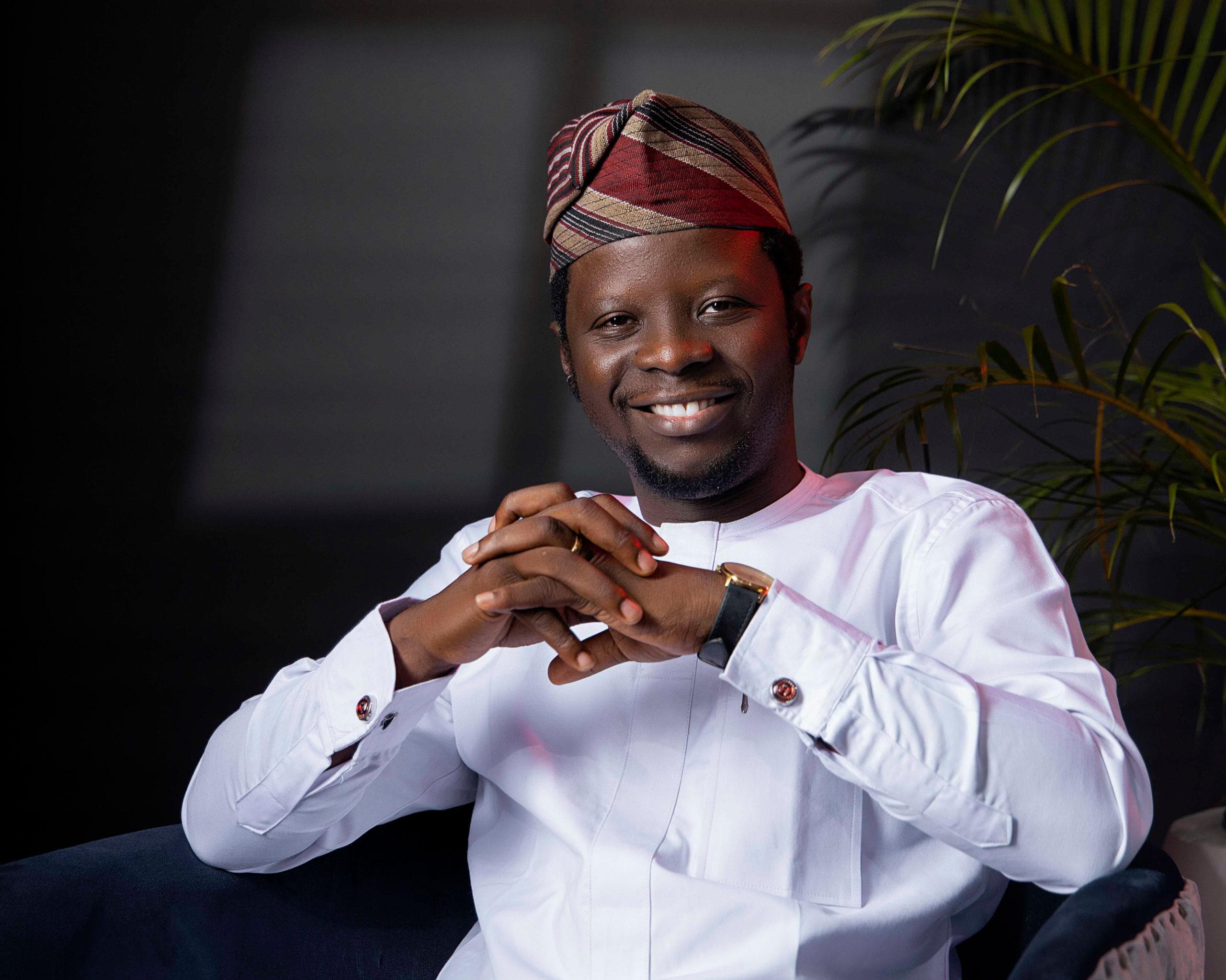Propelling Financial Literacy for Inclusive Economic Growth
In the heart of Nigeria’s Osun State, Senator Adewumi Adeyemi of the Obokun district is championing a crucial initiative to boost financial literacy, aiming to uplift the economic engagement of local communities significantly. Serving as the Chairman of the House Committee on Innovation, Science and Technology, and Sustainable Development Goals, Senator Adeyemi is advocating for the development of digital tools that enhance online learning and provide tailored business advice. He stressed that these tools are essential for bridging the financial inclusion gap, particularly for individuals lacking formal credit histories.
Empowering the Unbanked and Underprivileged
Recognizing the barriers faced by marginalized demographics including women, youth, smallholder farmers, and the unbanked populace, Senator Adeyemi underscored the importance of leveraging digital data for financial access. He noted the transformative impact of Fintech innovations, spurred by Nigeria’s 2012 cashless policy initiated by the Central Bank, which aimed to decrease cash circulation and promote electronic transactions. This digital push became even more pertinent during the COVID-19 pandemic, accelerating the shift towards non-physical customer engagement methods.
Fostering Sustainable Economic Development through Technology
The senator illustrated how countries worldwide have successfully used e-commerce and digital transactions data to assess creditworthiness, advocating for similar strategies in Nigeria to monitor financial trustworthiness and support economic inclusion goals. By enhancing online platforms and promoting e-commerce, Senator Adeyemi believes that financial literacy can prevent over-indebtedness and spur economic growth, turning it into a catalyst for sustainable development. He called for collaborative efforts with local fintech companies to develop applications that not only facilitate online education but also offer specific business insights, thus ensuring financial accessibility for the most vulnerable groups within society.

